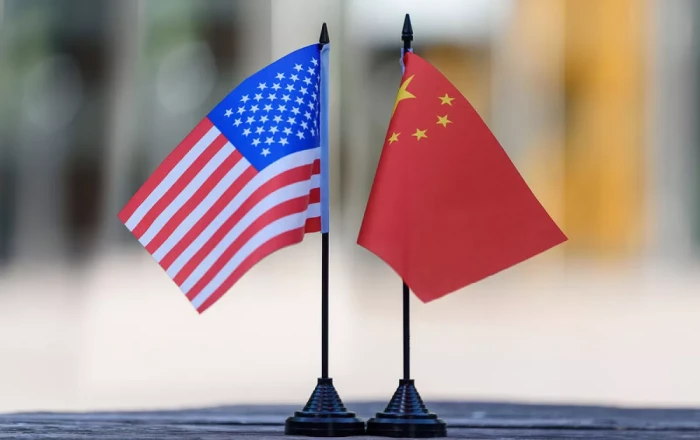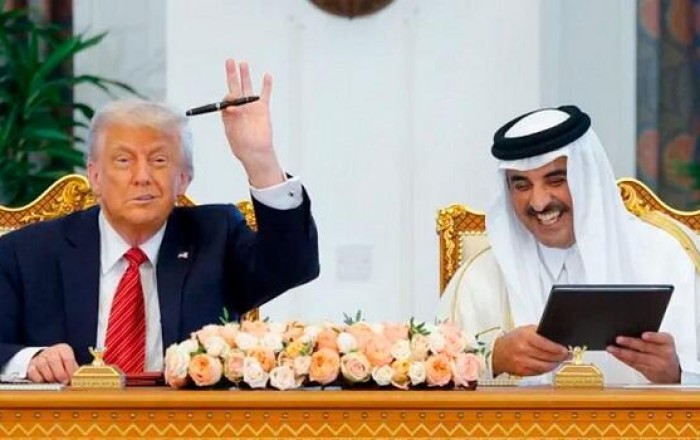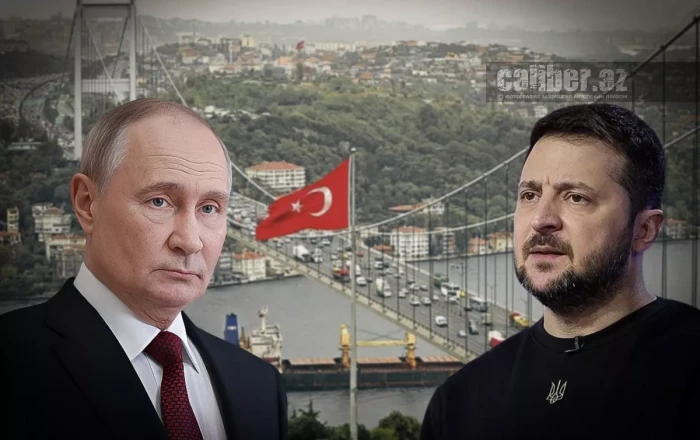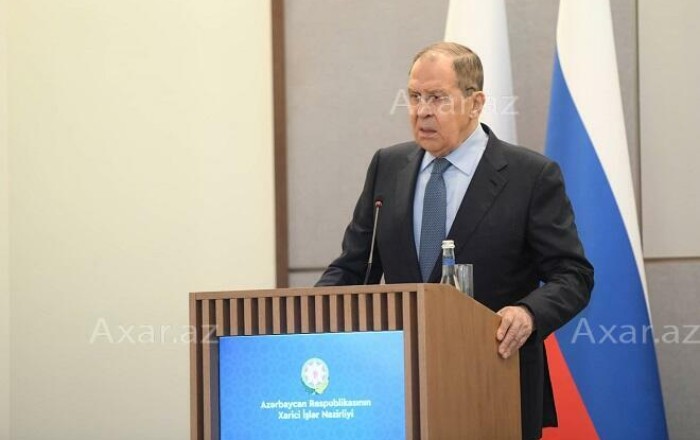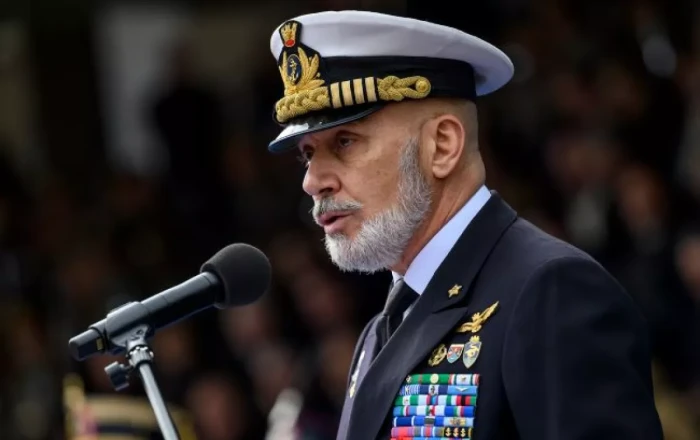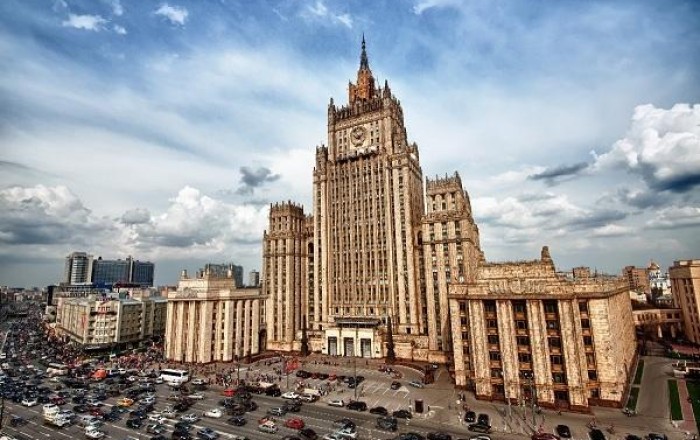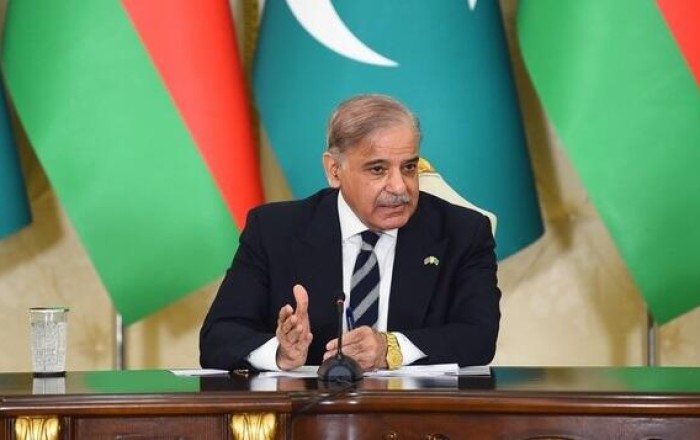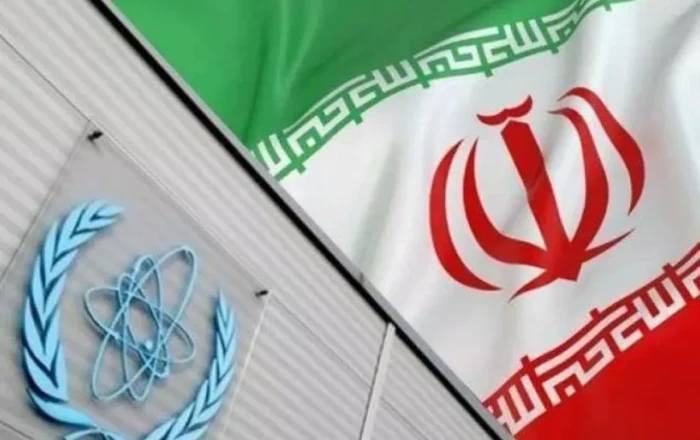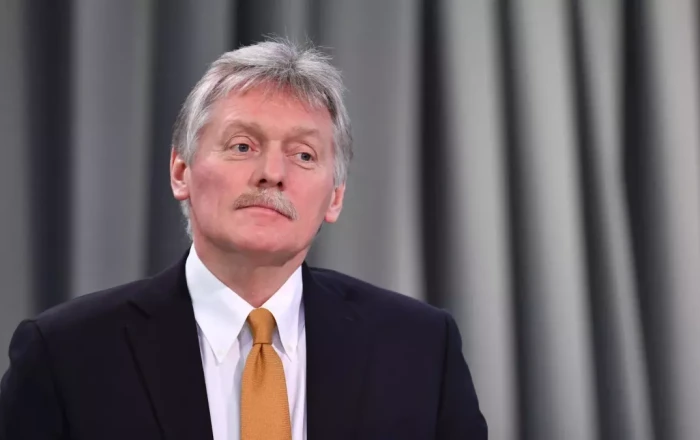US Special Envoy to the Middle East, Steve Witkoff, emphasised on May 13 that he and Special Envoy for Hostage Affairs, Adam Boehler, are “not a replacement for your government” in dealing with the ongoing hostage crisis.
His comments came during a meeting with families of Israeli hostages, as tensions surrounding the situation continue to escalate, Caliber.Az reports via Israeli media.
“Your government has to act. It has an obligation to perform certain functions,” Witkoff told the families. “If it simply steps aside, nothing good will come of that.”
The remarks followed an emotional appeal from Yehuda Cohen, the father of Nimrod Cohen, a soldier captured by Hamas. Yehuda voiced his frustration with the Israeli government’s handling of the crisis, stating, “Please convey this: We have lost faith in our government. We need your help.”
Cohen pressed Witkoff further, asking, “Why don’t you force the Israeli government to stop the war? It’s the only way to end all of this—for the common good.”
Whitkoff, however, made it clear that the US government’s role was not to interfere with Israel’s sovereignty. “I don’t want to get into that,” he responded. “We are not the Israeli government. We are not aligned with it. Israel is a sovereign state. They can’t dictate to us, and we can’t dictate to them.”
He added, “You are our ally. We have no right to tell a sovereign country how to conduct its foreign policy. That is simply not our role.”
Whitkoff also suggested that the families may not be fully informed about the steps the Israeli government is taking. “There are things that cannot be said out loud,” he noted, hinting at sensitive actions being taken that might be in the best interests of resolving the situation.
Meanwhile, as Israeli officials prepare to engage in renewed hostage negotiations in Doha, Prime Minister Benjamin Netanyahu has assured his coalition partners that Israel will not agree to a cessation of hostilities until Hamas is fully defeated.
The decision to resume negotiations came following a direct request from the Trump administration, which sought to build on the recent release of American-Israeli hostage Edan Alexander by Hamas. Netanyahu convened a call with the heads of parties in his coalition on May 12 to reassure them that sending a delegation to Doha does not indicate a shift in Israel’s war objectives. “Unless Hamas agrees to disarm, we will only accept a temporary truce aimed at releasing some of the hostages,” Netanyahu was quoted as saying.
The decision to send an Israeli team to Qatar followed discussions with US Middle East envoy Whitkoff and a subsequent phone call with President Donald Trump. This move comes after the unexpected release of Edan Alexander, who had been held captive for 584 days. Hamas has described the release as a goodwill gesture toward the US, facilitated by third-party mediation.
Trump responded positively to the release, calling it “a step taken in good faith towards the United States and the efforts of the mediators… to put an end to this very brutal war and return ALL living hostages and remains to their loved ones.” US Ambassador to Israel, Mike Huckabee, expressed optimism that the release would “mark the beginning of the end to this terrible war.”
Despite this diplomatic momentum, Netanyahu remains firm in his stance, reiterating that no agreement will be reached unless Hamas’s military and governing capabilities are dismantled. This hardline approach may put Netanyahu at odds not only with Hamas but also with Washington, where US officials have recently begun discussing the prospect of “ending the war” in Gaza for the first time in months.
By Tamilla Hasanova
Source: caliber.az



